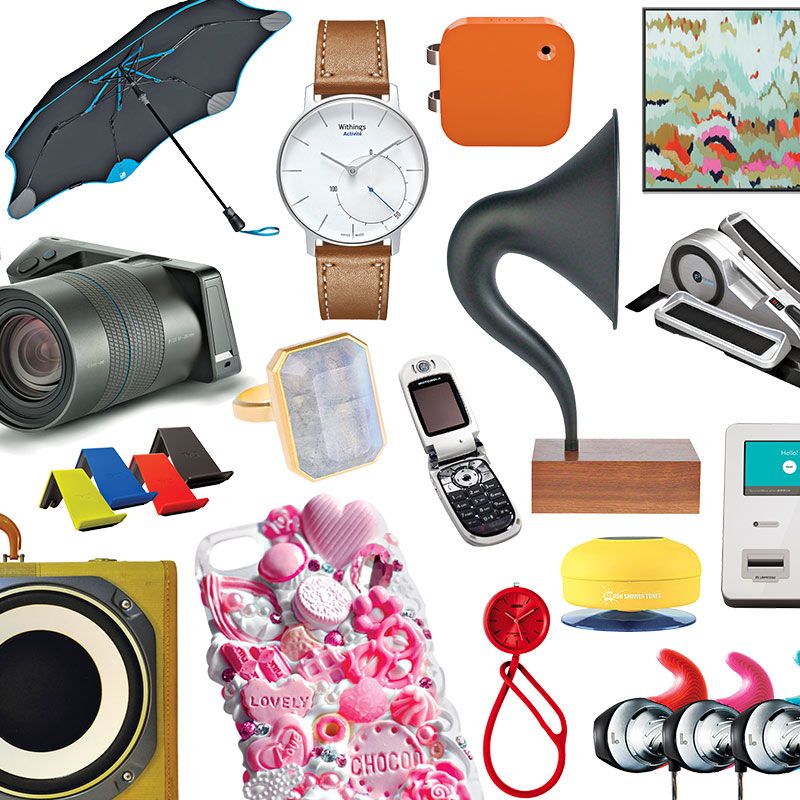Tech Versum: Explore the Future of Technology
Dive into the latest trends and innovations in technology with Tech Versum.
Why Your Tech Gadgets Might Be Plotting Against You
Discover the shocking truth behind your tech gadgets—are they secretly plotting against you? Uncover the mysteries now!
The Hidden Dangers of Smart Technology: Are Your Gadgets Spying on You?
In today's digital age, smart technology has become an integral part of our daily lives, from smartphones to smart home devices. While these gadgets offer incredible convenience, they also pose significant risks to our privacy. Reports suggest that many of these devices are continually collecting data, often without user consent. According to Consumer Reports, smart speakers can record audio even when they're not actively in use. This raises alarming questions: Are our conversations being monitored? How secure is the data gathered by these devices, and who has access to it?
Moreover, the interconnected nature of the Internet of Things (IoT) can exacerbate these privacy concerns. When devices such as smart thermostats, security cameras, and fitness trackers communicate with one another, they create a vast network of personal information that could be exploited by hackers. A study by TechRepublic highlights that many IoT devices have vulnerabilities that are easily targeted. It’s crucial for consumers to be aware of the hidden dangers of smart technology and to take proactive steps in safeguarding their digital lives.

How Your Devices Manipulate Your Behavior: Understanding the Tech Behind the Tricks
The digital landscape we navigate daily is meticulously engineered to influence our behavior. From social media platforms to smartphone applications, the tech behind these devices employs psychological tactics that keep us engaged and often lead to compulsive habits. For instance, algorithms analyze our interactions, prioritizing content that resonates with us emotionally, thanks to principles like behaviorism. This constant reinforcement of dopamine release encourages us to return for more, creating a cycle that can be hard to break.
Moreover, notifications play a crucial role in this manipulation, serving as digital nudges that draw us back to our screens. Research shows that intermittent rewards, akin to a slot machine's payouts, activate the brain's reward pathways, making it challenging to resist checking our phones or social feeds. Strategies such as persuasive technology focus on modifying user behavior through designs that encourage dependency. Understanding the tech behind these tricks is vital for cultivating awareness and reclaiming control over our device usage.
Is Your Tech Trying to Control You? Signs Your Gadgets May Have Their Own Agenda
In today's hyper-connected world, our gadgets have become integral to our daily lives, often blurring the lines between convenience and control. Have you ever felt that your tech devices might have their own agenda? Signs your gadgets may have their own agenda can manifest in sneaky ways. For instance, unsolicited notifications can disrupt your day, making you feel tethered to your devices. Studies suggest that excessive notifications can lead to increased anxiety. If you find yourself responding to every ping and buzz, it might be time to reassess your relationship with technology.
Moreover, consider how your tech influences your habits. Are you spending more time scrolling through social media than you initially intended? The algorithms behind these platforms are designed to keep you engaged, potentially leading to addiction-like behaviors. The impact of tech on mental health is a pressing issue, prompting many to take breaks or set boundaries. To protect your well-being, explore options like digital detoxes and app usage trackers. For more insights on managing tech usage, check out this Healthline article on digital detox that offers practical tips for regaining control.